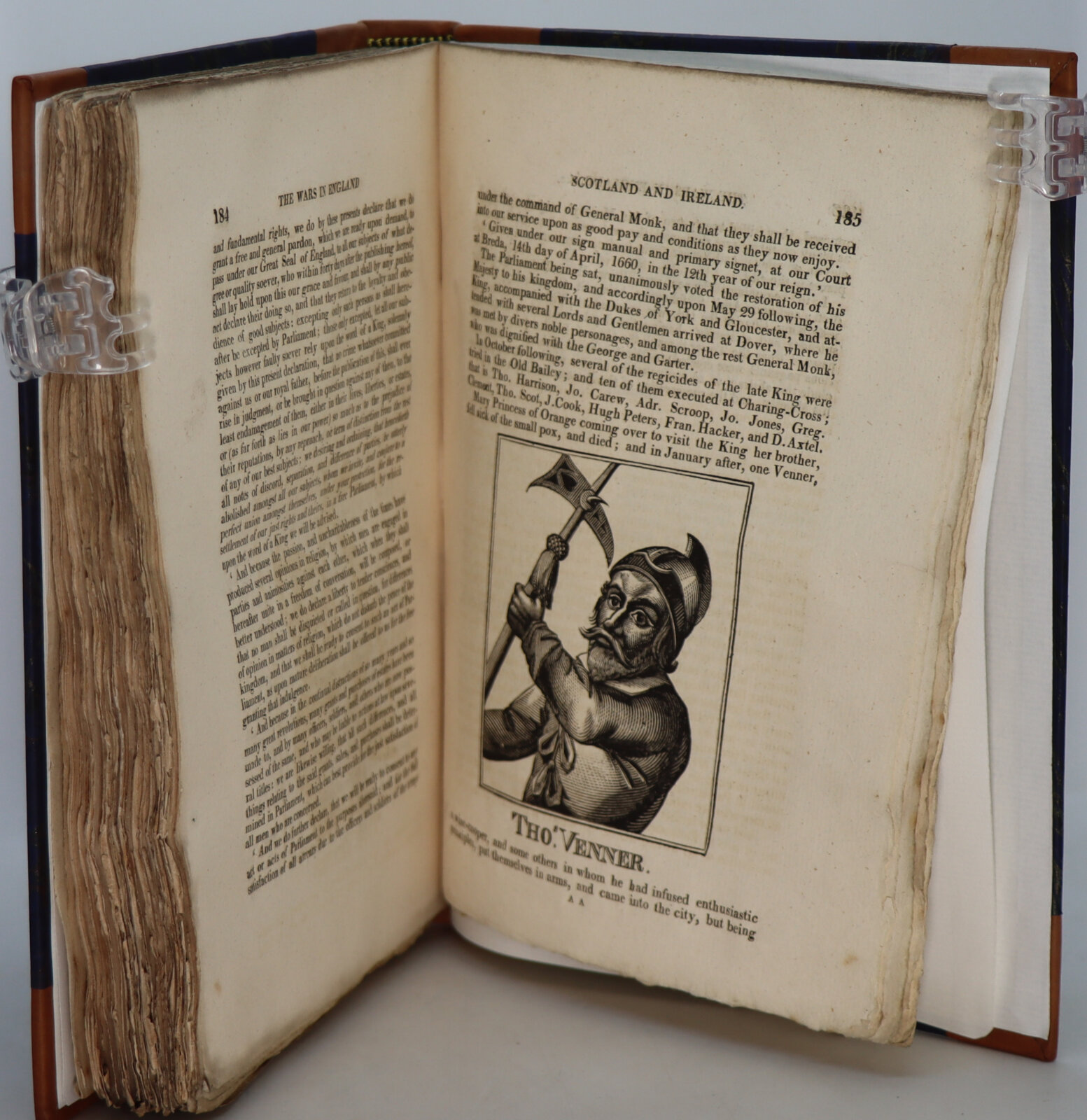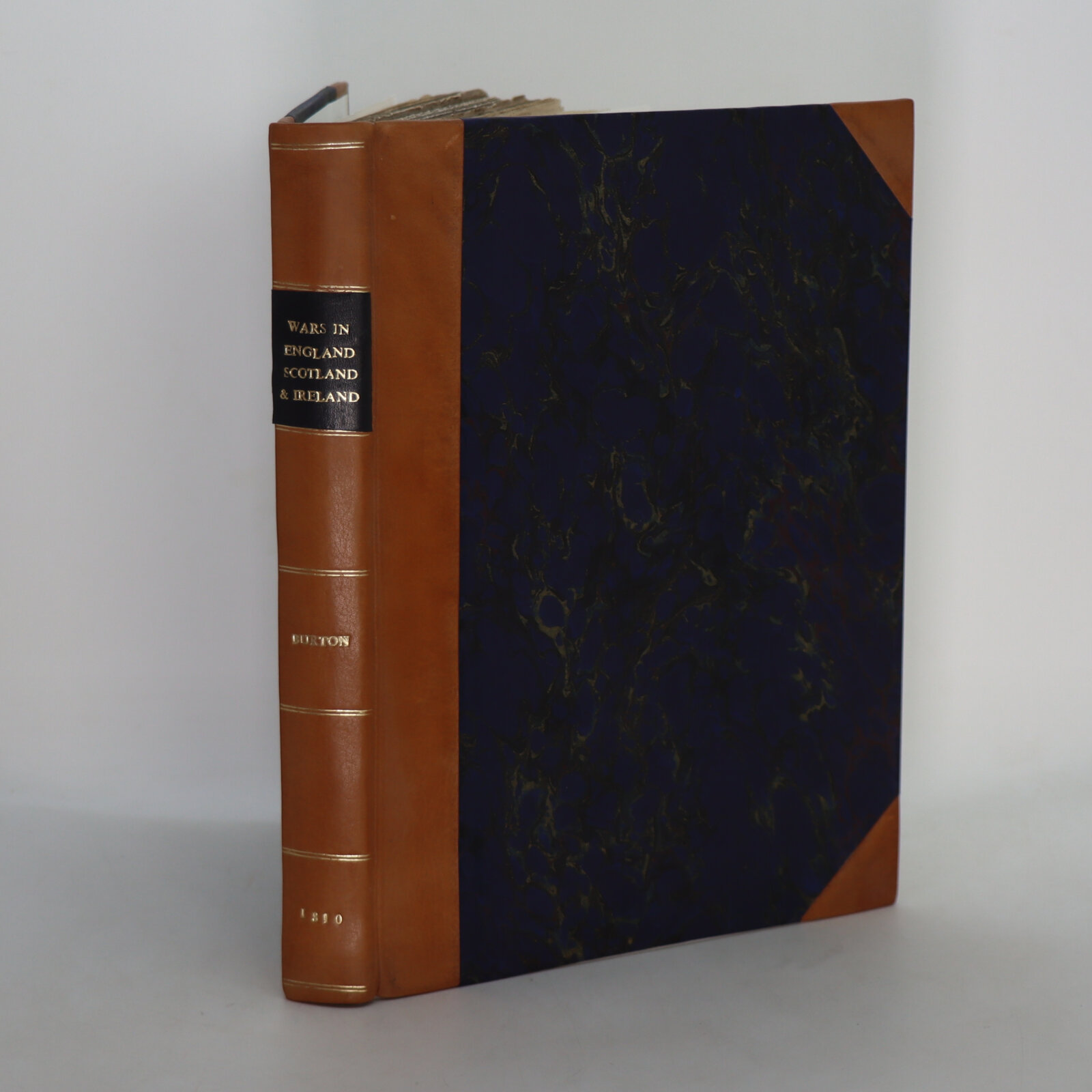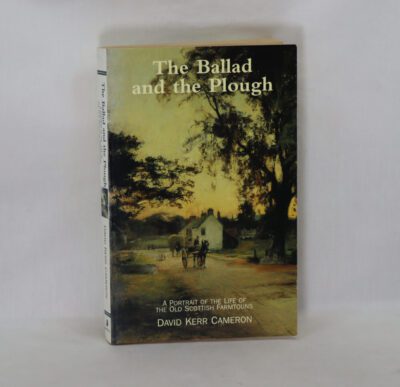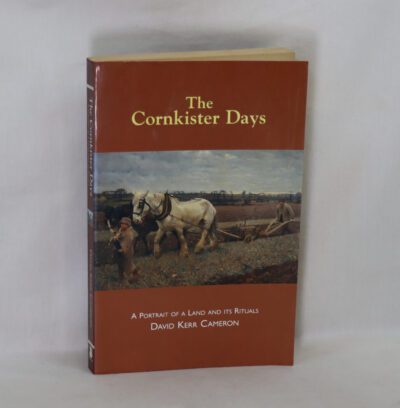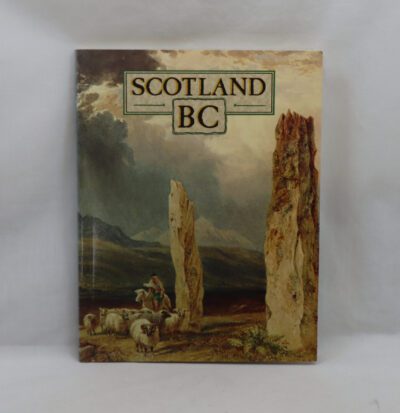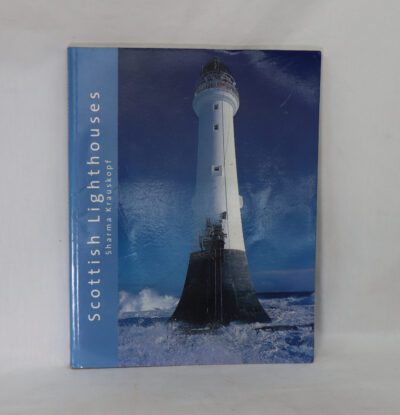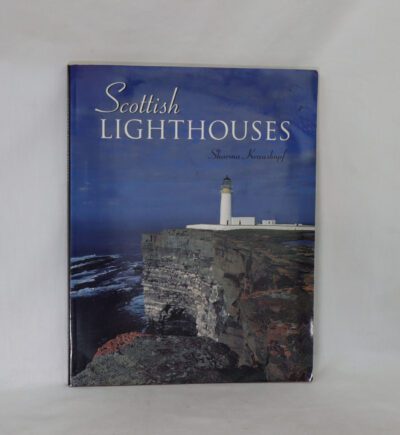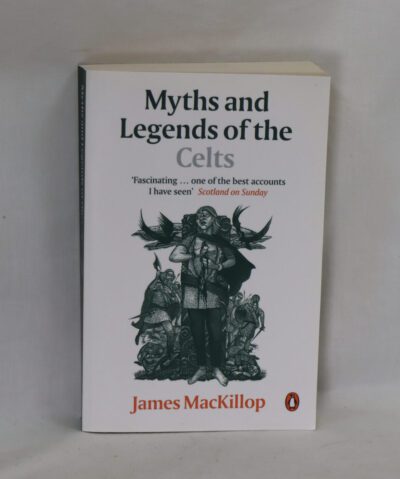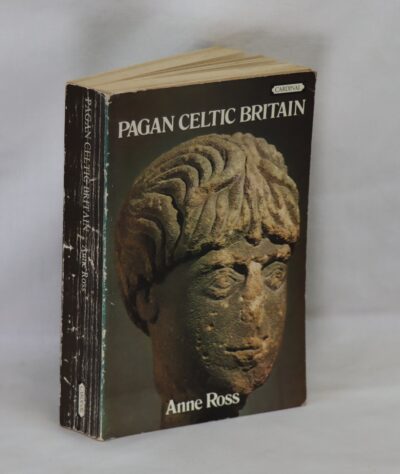The Wars in England, Scotland & Ireland.
By Richard Burton
Printed: 1810
Publisher: Machell Stace. London
Edition: Reprint of 1705
| Dimensions | 18 × 23 × 3 cm |
|---|---|
| Language |
Language: English
Size (cminches): 18 x 23 x 3
Condition: Fine (See explanation of ratings)
Item information
Description
Recently rebound with tan calf spine and corners, black title plate, gilt banding and lettering. Navy marbled paper boards. ‘Has additional wood-cut plates and copious index’.
This is a superb rebound copy of the ‘New Edition’ being full of woodcuts, some of which are in addition to the First Edition. This ‘New Edition’ encompasses the period which more recently is often called the ‘English Civil War’ – ‘The Wars in England, Scotland & Ireland’ was a very popular book with younger readers of the 18th and early 19th centuries.
“Robert Burton”, the name of the author, is one of several pseudonyms used by a London printer named Nathaniel Crouch, who most often signed himself “R.B.” In reference to the King Charles’ execution, Robert Burton writes “But having recently published a Book, called, The Wars in England, Scotland and Ireland, wherein is an exact account of the King’s Tryal, with the Reasons he would have offered against the pretended Jurisdiction of their Court of Justice, and his last Speech at the time of his Suffering. This fatal Blow being given, the remainder of the House of Commons and the Army made it evident, that they were not only for cutting off the King, but the Kingship it self, and thereupon the House Voted, That Kingly Government is unnecessary, burdensome and dangerous.”
Nathaniel Crouch (born c. 1632 to c. 1725) was an English printer and bookseller, and under the pseudonym Robert or Richard Burton (sometimes, R.B.) wrote historical books as well. As a historian, he is considered a hack, borrowing material from other books and rewriting them under his pseudonym, then publishing and marketing them under the Crouch imprint. Though he was the type of writer/publisher denounced in the following century by writers such as Samuel Butler (Prose Observations) and Alexander Pope (The Dunciad), more recent assessments of his life and career see him as an important figure in the development of historiography, especially in the popularization of a hitherto high-culture genre of discourse.
Crouch was one of the authors who covered the 1655 Whitehall Conference to consider the resettlement of the Jews in England (the other being Henry Jessey). The report is found in the 1719 edition of his Two Journeys to Jerusalem. It is different from Jessey’s version in two respects: firstly it actually names the participants and secondly it includes some anti-Semitic additions to the conclusions of the conference.
Around the date September 30, 1681, an unlikely forerunner of Reader’s Digest, called Historical Rarities in London and Westminster was first published by Crouch. Robert Chambers’ Book of Days (1864) elaborated:
“With probably little education, but something of a natural gift for writing, Crouch had the sagacity to see that the works of the learned, from their form and price, were kept within a narrow circle of readers, while there was a vast multitude outside who were able and willing to read, provided that a literature suited to their means and capacities was supplied to them. He accordingly set himself the task of transfusing large and pompous books into a series of small, cheap volumes, modestly concealing his authorship under his nom de plume. Thus, he produced Surprising Miracles of Nature and Art, and many other treatises on very plain paper, and sold [them] at an exceedingly reasonable rate. His enterprise and diligence were rewarded by large sales and considerable wealth.”
Nathaniel Crouch (c. 1640–1725) was a prolific publisher and writer, with a specialty in epitomes and digests taken from other works. He published other writers, including many nonconformists, as the article on him by Jason McElligott (2004) in the Oxford Dictionary of National Biography indicates. His own epitomes and compendia largely appeared in smaller formats and mainly under the pseudonyms Robert or Richard Burton. (Mayer 1994: 391 asserts the name “Robert Burton” to have been used principally for Crouch-authored books published after Crouch’s own death).
Crouch was familiar with a number of intellectual figures from the late seventeenth and early eighteenth centuries including Anthony Wood, Robert Plot, and John Dunton, who praised him in his own Life and Errors. Dunton wrote of Crouch, “I think I have given you the very Soul of his Character, when I have told you that his Talent lies at Collection. He has melted down the best of our English Histories into Twelve-Penny-Books, which are fill’d with Wonders, rarities and Curiosities.” (Life and Errors, 1.206). Crouch had apprentices, including a woman named Elizabeth Guard.
Crouch carried a significant stock as the advertisements in his books indicate, and as McElligott indicates, the location of his shop in London changed several times during his career.
Condition notes
Want to know more about this item?

Share this Page with a friend

